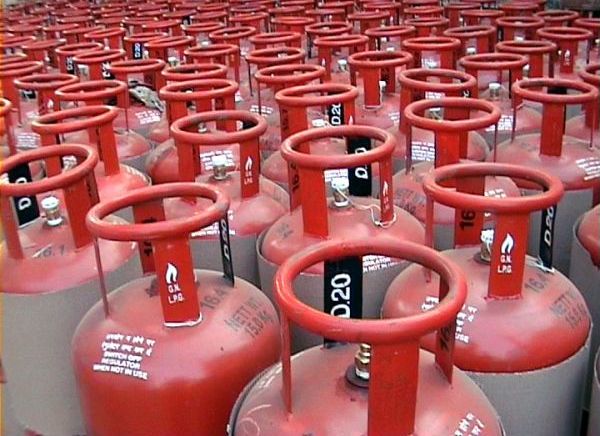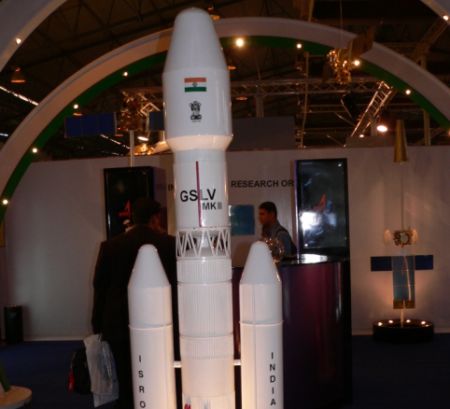Of late, the need to get the gas pricing right has become a national concern of sorts. This can be attributed to three elements that form the root of the issue.

Firstly, it is no surprising fact that India is extremely energy deficient. Although the country extensively uses hydrocarbon derivatives as fuels, it does not enough reserves to support the growing demand for these fuels.
The exploration and extraction of hydrocarbons would cost the government plenty of money. Added to this are woes of work force, skill and technical constraints that make it necessary for the infusion of capital from private companies.
India’s terrain also does not offer a suitable value preposition for an investment of this kind for privatized energy companies. Importing hydrocarbons to India rather than exploring them in the nation itself is the more preferred choice for even nationalized oil companies operating in the country.

Finally, India has decided that unless it produces a portion of its hydrocarbon-requirement domestically, its sovereignty would be impacted deeply. This necessitates the energy security policy to become one of the cores pertaining to the nation’s national economic and security policy.
The second element here pertains to the movement from nationalized oil production to the formation of the New Exploration and Licensing Policy (NELP). This policy allowed private companies to enter the arena based on certain fiscal and contractual agreements. This essentially meant that the sovereign would bind itself under these contractual limitations when it comes to exercising powers and guaranteeing specific freedoms. One among these freedoms happens to relate to the freedom to price and market hydrocarbons at market prices to the risk capital providers.

The third element in question here pertains to the return on investment. The risk mitigation is extremely high for companies that invest in exploring and extracting hydrocarbons in the country. This is due to the nation’s diverse and extremely challenging terrain. The mitigation measures one would need to handle in this case include tax benefits, 100% FDI, free market pricing of gas and cost recovery etc.
With all these troubles, why depend solely on hydrocarbons instead of switching to alternative sources of energy you may ask. The answer is as clear as it is simple. Even the best technology cannot replace hydrocarbons and their efficiency. This trend would continue at least for the next 20 years or so as well. Then why not allow nationalized companies to work in upstream you may ask next. The truth is that India was actually doing the same in the 80s when it hit a roadblock in the form of the forex crises. The Reserve Replenishment Ratio would also need to be much higher than what the nation is currently managing.
Gas prices in India continue to waver on the brink of uncertainty. This issue can be attributed to three elements, including lack of enough reserves, cost factor and the challenging Indian terrain. If the prices continue to remain uncertain however, then the time would come when oil companies would choose to pay the penalties and exit the exploration in search of better and more lucrative arenas.




